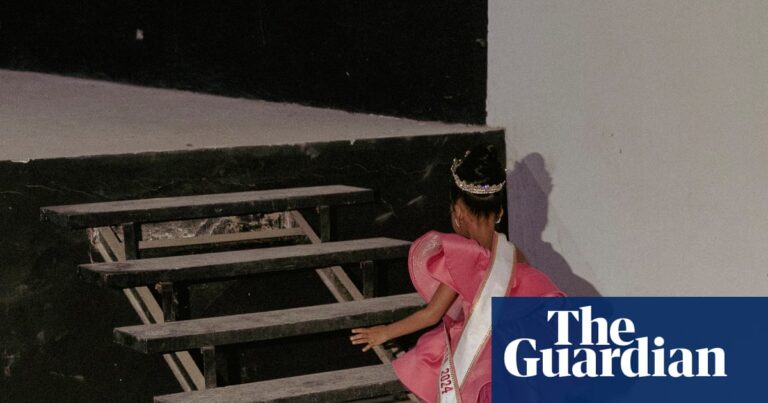Venezuela’s Unique Identity: Beauty Pageants and Oil Prosperity
A Dual Legacy
Venezuela is renowned for holding two remarkable world records: the most international beauty crowns and the largest proven oil reserves globally. While at first glance, these achievements seem unrelated, they are deeply intertwined in the national consciousness. For many Venezuelans, beauty and oil symbolize progress, modernity, and power, especially since the oil boom in the mid-20th century propelled the country from rural poverty to being the richest nation in Latin America during the 1970s.
The Symbolism of Miss Venezuela
Amid economic and political crises, the allure of the Miss Venezuela pageant continues unabated. It has become a representation of the nation’s aspirations. Growing up in Caracas in the 90s, witnessing the fervor surrounding the pageant—where the entire country seemed to pause—was an annual spectacle. My ongoing project, Reinas, has led me to attend numerous pageants weekly, demonstrating the widespread involvement of women and the queer community.
A Reality Behind the Dream
During a recent pageant for young girls, I captured a moment that epitomizes this duality. A little girl in a pink dress ascended the stairs, embodying delicacy and femininity as if walking toward a dream. Yet, the harsh reality surrounding her sharply contrasts with this idealized vision, highlighting a disconnect that many Venezuelans feel.
Empowerment Through Pageantry
Despite the criticism beauty pageants face for promoting narrow beauty standards, many participants describe feelings of liberation through their crafted personas. For Venezuelan women navigating political and economic upheavals, pageants offer a platform for personal advancement and a potential escape from poverty. Many aspiring contestants come from low-income backgrounds, and smaller titles can pave the way to larger opportunities, leading to careers in modeling, media, and even politics.
Case Studies of Success
One notable example is Irene Sáez, Miss Venezuela 1981 and Miss Universe, who transitioned from beauty queen to the political arena, serving as mayor of Chacao and running for president in 1998 against Hugo Chavez. This connection between beauty and power in Venezuela is not merely symbolic; it reflects the intricate relationship between societal standards and political influence.
A Historical Perspective
The impact of beauty pageants on Venezuelan culture was evident during the national strike in 2002, which brought the country to a standstill. Schools closed, and I personally missed three months of education as the strike halted oil shipments. Notably, the largest oil tanker in Lake Maracaibo, named after beauty queen Pilín León, became a symbol of this political struggle, illustrating the deep-rooted connection between beauty and national identity.
Beauty and Politics: A Cultural Exploration
In Venezuela, the culture surrounding pageants extends well beyond mere aesthetics; it is profoundly political. The archetype of the beauty queen serves as a reflection of societal values, aspirations, and the quest for power amidst challenging times. As we continue to explore this complex interplay, it is clear that the narratives woven through beauty pageants shape perceptions of identity, dignity, and resilience in a nation in flux.
